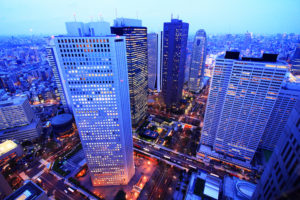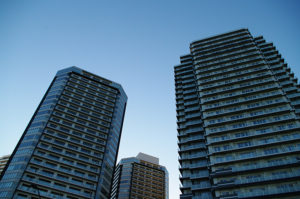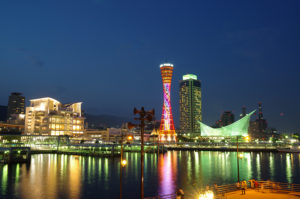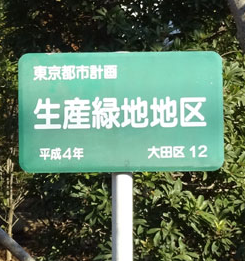The new law will be effective from June 2018 to crack down on illegal lodging
Local governments across Japan have just begun accepting applications for operating private lodging (aka ‘minpaku’ in Japanese) rental businesses under a new law going into effect in June 2018.
The law is responding to a sharp growing need for affordable accommodation amid a rapid rise in foreign tourists, while cracking down on illegal lodging.
The law is to limit the number of days per year that rooms in private homes and apartments can be rented to maximum 180.
Operators will have first obtain the certificate from the local governments and then display signs indicating the presence of rental units and manage noise and other complaints from neighbors. No-compliant operators can expect to be fined.
In the meantime, Japan’s condominium management company association recently released the nationwide survey results on the use for private lodging in condominiums in Japan.
It is the interesting development and I quickly share the summary of the report today.









